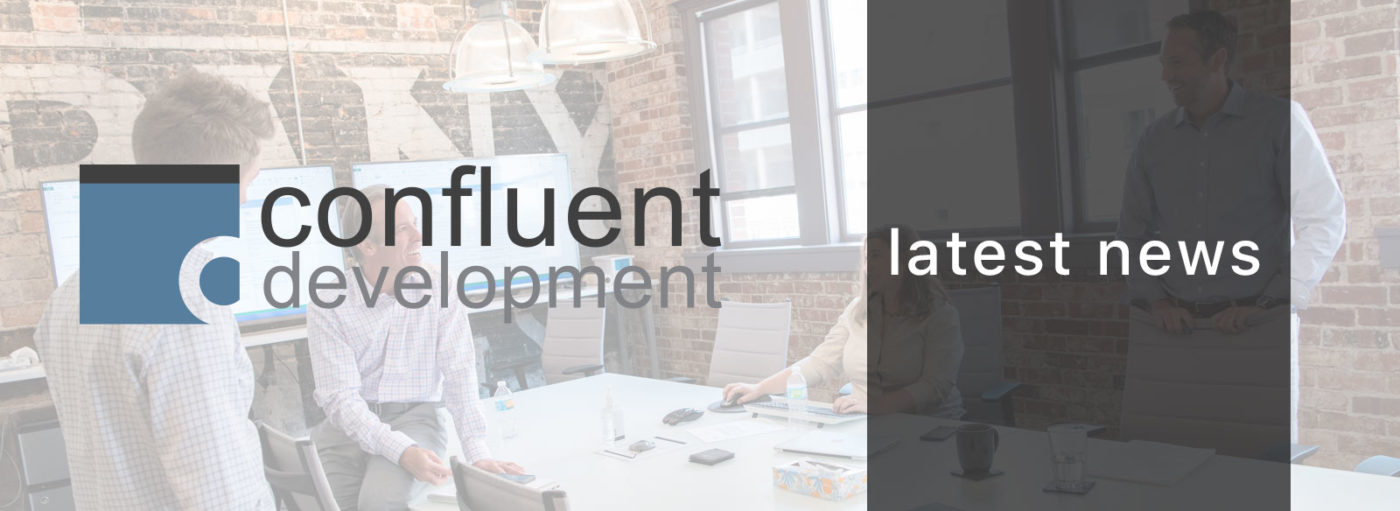From the Colorado Real Estate Journal
The question on every developer’s mind right now is, “Where should we steer the company and focus our priorities as we head into the downturn?” The widespread impacts of the novel coronavirus have caused significant disruption for all businesses, and despite some real estate activities being deemed “essential,” the industry is not more immune than others to this disruption. In today’s world of overall uncertainty around what lies ahead, we must stick to core principles that have proven successful in all parts of a cycle, even during health and economic crises. Establishing a “playbook” will help a developers’ decisions remain anchored through the rapidly changing landscape, allowing an organization to be nimble yet rooted in its values and priorities while adapting to market cycles.
Prioritize team safety. Ensuring the safety and health of team members is crucial. From the early stages of this crisis, some companies implemented work-from-home policies prior to government mandates, making certain all associates felt safe, supported, balanced and healthy. This consideration extends to other safety stakeholders within your network, such as construction crews and property managers. A focus on safety is not new but continues to be imperative. Construction is a dangerous business and safety precautions have always been a top priority, and best-in-class senior living operators, for instance, have long-standing protocols to ensure residents are healthy.
With businesses beginning to reopen, companies are prioritizing workplace reentry plans. Cushman & Wakefield, for example, has encouraged leadership to focus on “The Safe Six,” or six areas of workplace readiness essentials: building preparation, employee preparedness, controlled access, social distancing, reduced touchpoints and communication.
Establish a financial game plan. From a financial perspective, the ability to access capital is paramount. Intentional mobilization around key transactions will help maintain a firm’s liquidity to ensure solid footing during this uncertain, but temporary, period while concurrently focusing on long-term goals. Many developers have been net-sellers over the past 18 months, which has placed them in a very solid liquidity position.
Whether it be loan modifications, cost reductions or reevaluating project timelines, it is critical to proactively outline a company’s options and solutions when entering a time of economic uncertainty. Take a detailed look at how the company manages cash flow and prioritizes pursuits. During a phase of unpredictability, there is value in considering a pivot in project focus. Some projects may have an elevated priority, while developers may want to consider eliminating or seeking extensions on others.
Overcommunicate. Communication is more crucial than ever. Structure an internal and external communications plan that has consistent, open and reliable forms of communication so employees and stakeholders feel confident, supported, engaged and apprised of all new developments in the company’s path forward. Communications with investors must be particularly enhanced to remain in lockstep with their counsel and insights into the bigger picture.
Maintain your commitment to giving back. The communities in which a developer lives and works must be top of mind, as they are our strongest support system in good times and bad. Within the current landscape, it is not necessarily the easiest moment for a developer to enhance its community investment efforts – but it is during these times that focus on community is most important.
In our industry, it is valuable to recognize the heroes within our own system who have selflessly put themselves on the front lines. From team members in senior living communities who are protecting senior residents during the pandemic, to the hardworking construction crews who serve in inherently risky workplaces, these teams are vital to community safety and business continuity for the industry.
It also is important to remember those in need within the larger community. From donations to nonprofit organizations aligning with a company’s philanthropic priorities to purchasing gift cards that support local businesses such as restaurant or retail tenants, now is the time to prioritize philanthropy. Leaders may be surprised to find the positive and long-term impact these commitments make on internal associates and stakeholders. Teams take pride in representing an organization that prioritizes community-building and generosity.
Remain intentional for the future. With each day presenting new hurdles for businesses, it is easy to lose sight of long-term goals. Envision what you can reasonably accomplish in the future and begin planning toward that.
An internal task force consisting of strategic teams can help inform the company’s areas of opportunity, such as product diversification, strategic acquisitions or new technologies. Tapping into the team’s expertise to investigate and potentially implement targeted opportunities will prime the company to be proactive. Designating each task force with an up-and-coming leader in the organization places trust in that individual to forge a new path, while providing mentorship from an executive team member.
As we navigate these uncharted waters, developers who bring together their stakeholders will remain resilient. Collaboration is central to any healthy, productive and successful business and flowing together through these unprecedented times will shape an organization for future hurdles. While the path forward may not always be clear, placing an investment in a strategic plan will tee businesses up for success in the long run.

